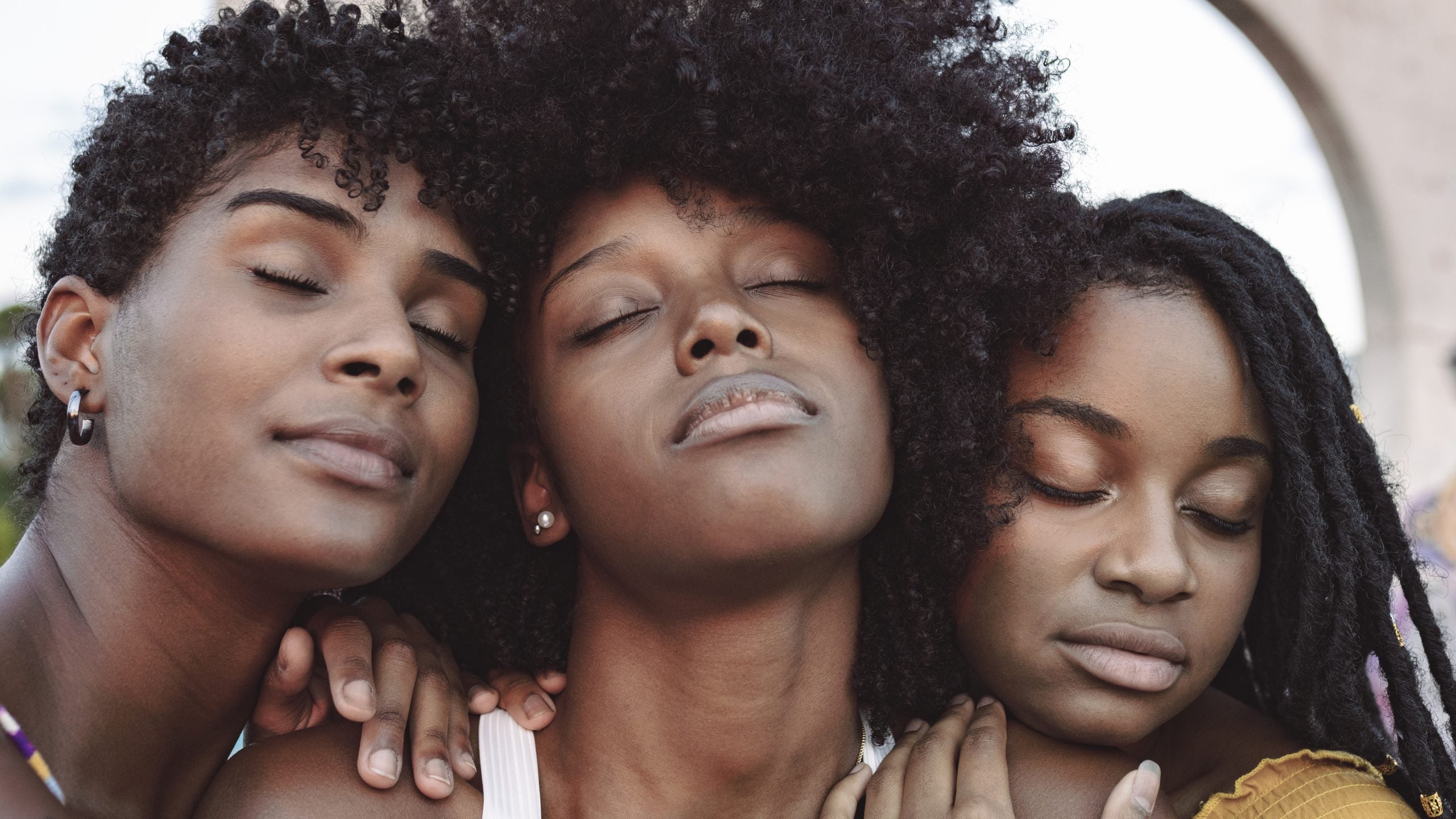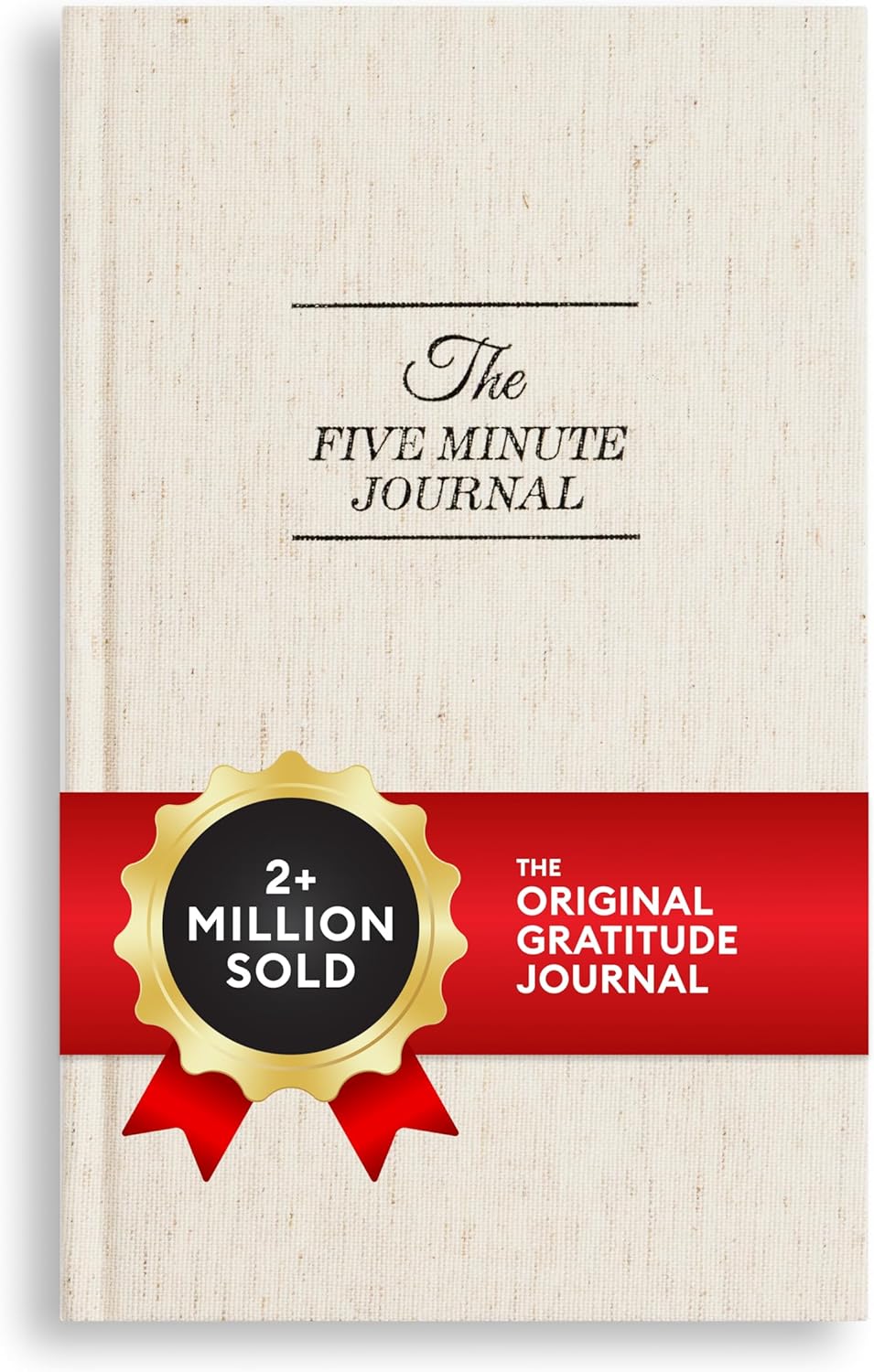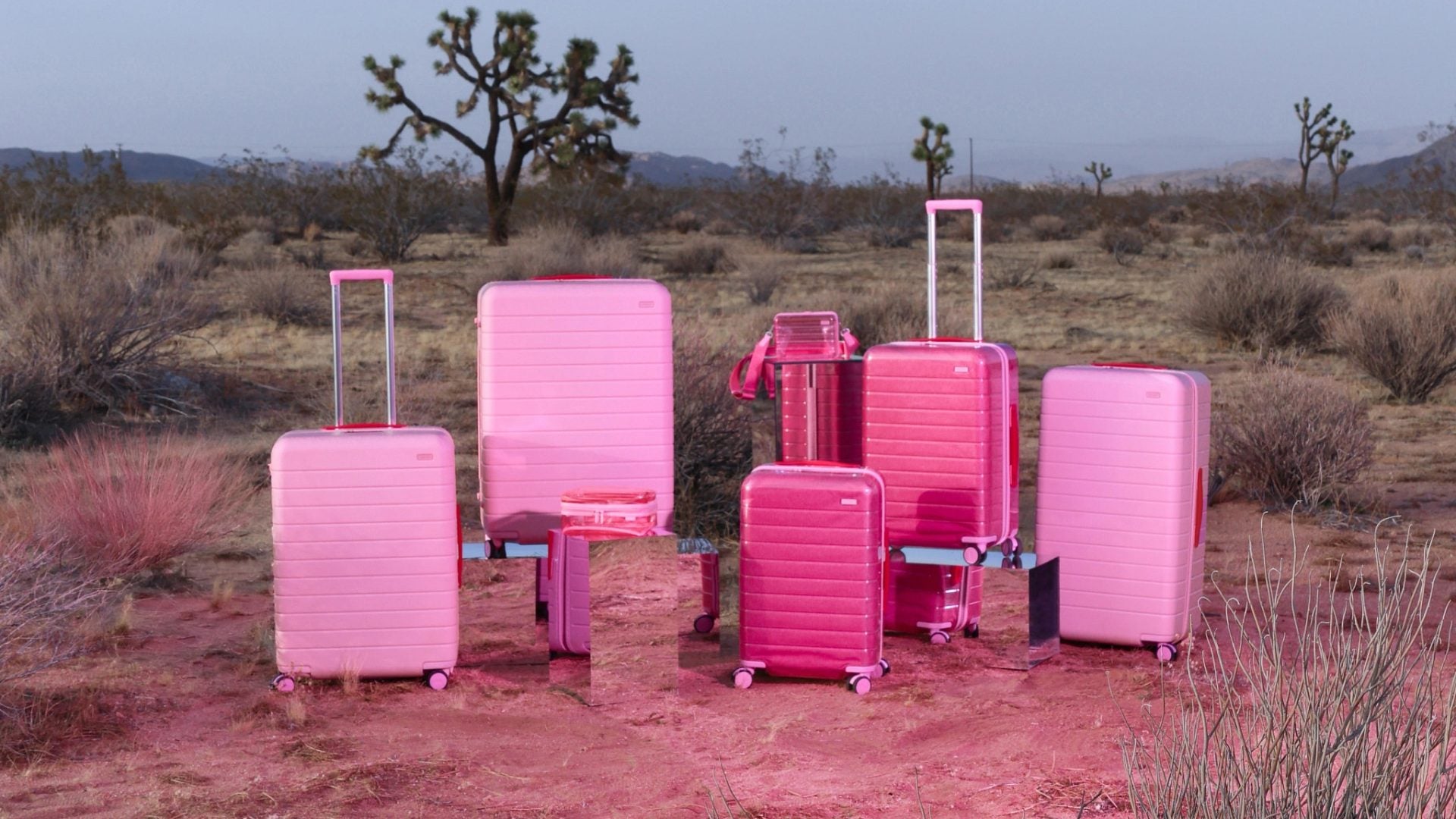
“How can you let her just sleep with other people like that?” a Black woman once asked my husband. He laughed in response. “I don’t let her do anything,” he replied. “She is her (own) person, and her body and time belong to her. Just as mine belong to me.”
The woman scowled, disappointed in his response. It wasn’t the first time we’d received this reaction. The woman’s incredulous tone, deep disgust, and feeling that I was just a person who couldn’t commit or wasn’t clear about my needs were familiar to me. I’ve also experienced assumptions that I was sexually lascivious and incapable of containing my urges. We’ve heard it all.
My husband and I have been married since 2006. We started dating in 2003 when the word “polyamory” lingered in the mass imagination, and the Google Search Engine wasn’t yet pervasive enough to make it a household name. In these nearly 17 years, we have birthed and raised three Black children, moved across the country twice, purchased homes and cars, and dealt with traumas and tragedies. To say that we have been busy and committed is an understatement.
I’ve never been monogamous. Even as a young child, spending all my time and life with one person sounded boring. More than that, though, the concept sounded like a prison of my own doing. As a queer person, who now identifies as a lesbian, I never found myself attracted to only one gender or one kind of body. Instead, attraction and love, for me, were always expansive. And while I found myself capable of feeling very deeply for several people simultaneously, I also encountered people who believed this was amoral and simply wrong.
My husband has come to identify as asexual, an important place on his journey of self-knowing and discovery. And, together, we are committed, each day, to potentiating one another. That is, as his life partner, I choose him each day, and our relationship isn’t sexual, nor are we obligated to each other. While I regularly date and sometimes have long-term committed relationships, my spouse knows my relationships have no impact on our marriage. That is our agreement, and it’s simple for us, which is why I find critiques of polyamory so confusing. The notion that polyamorous people refuse commitment is one of those mythical stories that monogamous people need to tell themselves to create artificial boundaries between “them” and “us.”
Polyamory, the ability to love more than one person simultaneously, is not about sex. It’s also not a “lifestyle.” Polyamory is a “lovestyle,” meaning that it is a way to love others that feels comfortable and safe for those who are polyamorous. Like queerness, it is just how some people are born.
The truth is polyamory requires just as much commitment, communication, and flexibility as monogamous relationships do. Imagine having three committed partners, some married, some with children, and some long distance.
The larger umbrella under which polyamory falls is ethical non-monogamy. The emphasis on ethicality is critical because unethical non-monogamy, better known as cheating, doesn’t belong under the same framework as polyamory. The idea is simply that ethically non-monogamous people are transparent and clear about their intentions to engage in many non-monogamous relationships (whether they are romantic or platonic) simultaneously. And these relationships are not predicated on deceit, trickery, lies, or dishonesty.
In western cultures, we are overwhelmingly influenced by the idea of the “nuclear” family and its importance in our lives. But, this concept is not universal, nor has it always been the norm. Contrary to popular belief, the nuclear family is a pretty inefficient way to organize society. Isolating resources into small (traditionally) heteronormative units reduces the possibility for kinship and connection in the larger community.
For many Black people, especially women, compulsory monogamy, the idea that we have to be monogamous to be honorable and respectable, has also resulted in greater pressure to marry and have kids on frequently sexist timelines. The long-held racist and sexist ideas about the Black Family, many stemming from the 1965 Moynihan Report, have contributed to the pressure that many Black women feel to get married early and have children with straight men.
The truth is that fewer Black Americans are getting married yearly, as the Census reported, a 1.9 percentage-point decrease in married Black adults throughout the United States. And according to the Pew Research Center, Black adults, women specifically, are more likely to be unpartnered than men, with 62% of the population unmarried or partnered.







Instead of considering polyamory as an issue, we should reframe our thought process. Minda Honey of Andscape writes that singleness isn’t a “problem” to be fixed. Instead, it might be an opportunity for more Black women to explore the possibilities and lovestyles available to them. For me, polyamorous relating is deeply connected to my love of Black people and my belief that there is more than enough love in the world for all of us. If we believe in freedom and liberation for all Black people, we should, likewise, believe that everyone has a right to love on their terms.
For Black women, who have long had their sexual and reproductive choices owned by patriarchal institutions – polyamory is a way to reclaim our bodies and choices from a male-centered world that stigmatizes sex, love, and all things feminine. The practice encourages us to explore our desires on our terms.






